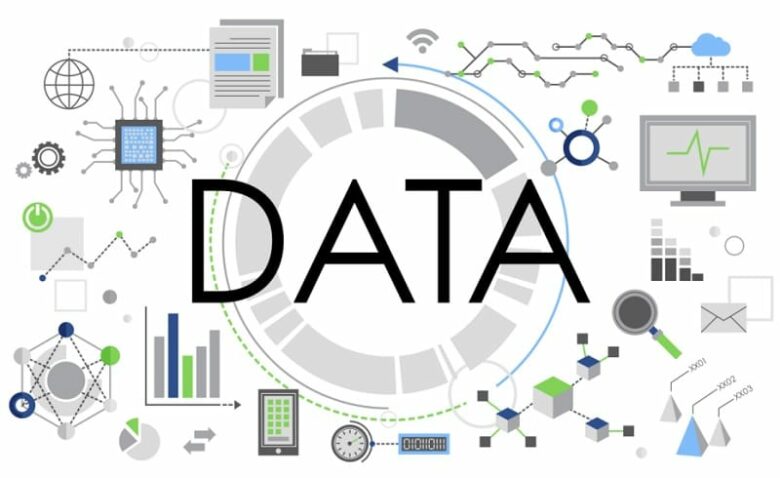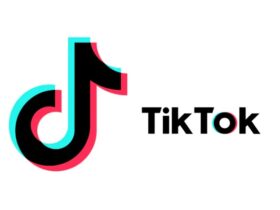The earliest examples of the act of storing and analyzing data reach back to 18,000 BCE when humans used tally sticks to keep track of information. Years and years later, the volume of data generated every day grew so large that more efficient ways to manage data were needed. The Customer Data Platform Resource also points out that its development was intricately tied to the evolution of many key marketing technology solutions, which stands true for companies needing customer data management.
In this article, we’ll be delving more into the ins and outs of the data developer platform.
What exactly is the data development platform?
The data development platform pertains to an integrated software solution that is responsible for aggregating information in any cloud-based hub. In simpler terms, it’s a service that usually includes data collection, storage, and analysis. Platforms such as MongoDB are also often fully managed, the use of which can exponentially increase your company’s data handling capabilities. Every data development platform provides a data warehouse, several business intelligence tools, and a team that’s dedicated to catering to an organization’s needs.
The uses for a data development platform
If you find that your company faces the problem of data silos, which refers to a collection of data that sits unused and inaccessible to other groups in the same organization, then a data development platform may be for you. They generally help with the centralization of data, which is crucial for businesses and organizations related to finance, banking, government, internet companies, education, and e-commerce. Data development platforms are also ideal for handling complex customer data.
The benefits of using a data development platform
Some of the biggest benefits of using a data development platform are improved conversion rates and reduced time spent on analyzing data from different sources. It will also allow companies and their developers to access actionable insights and feedback, which can help them make better business choices in the long run. And since security has always been an issue for data-driven endeavors, data development platform providers offer tiered security access to data and insights.
The data development platform market outlook
According to a valuation published on GlobeNewsWire, the development platforms market is expected to reach 20 billion USD by 2032. This growth is partly led by the services segment, the on-premise segment, and the large enterprise segment. However, we want to highlight how it is majorly impacted by how most consumers have access to various social media platforms and cloud systems. With big data continuing to dominate, any enterprise will be better off if they leverage this influx of data to its advantage.
Major breakthroughs in the data development platform industry
Some of the biggest breakthroughs of the decade can be attributed to major players including Microsoft, Google, and AWS. For instance, Microsoft released an on-premises RDBMS in 2022, which meant that on-premise customers could now gain access to features of cloud releases. Google Cloud, on the other hand, incorporated new capabilities and innovations to their fully managed, serverless data warehouse BigQuery. AI has also played a big part in aiding developers and data scientists to rapidly build models.
Conclusion
Overall, it all boils down to choosing the right data platform for your enterprise’s needs. This also largely depends on your core considerations, which can include on-premises vs. cloud, scalability, security, flexibility, or automation. Expect to enjoy various benefits such as better data governance, data democratization, and a higher competitive advantage. As new technology is also developed, data development platforms will also continue to evolve. For more articles on technology, check out the rest of our blog here at TechPlusGame.














Leave a Reply